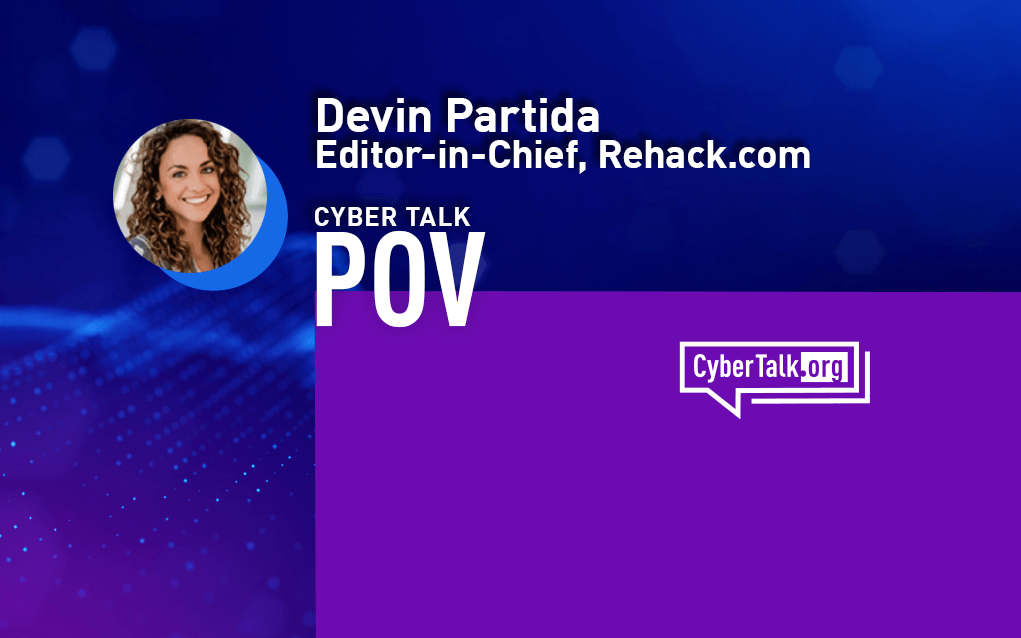Devin Partida writes about cyber security and technology. She is also the Editor-in-Chief of ReHack.com.
The Information Blocking Rule could substantially impact data privacy and accessibility, despite people not knowing about it. Here’s what information blocking means, what this rule entails and who needs to worry about it.
What is information blocking?
The Office of the National Coordinator for Health Information Technology (ONC) defines information blocking as practices likely to interfere with accessing, exchanging or using electronic health information (EHI). Blocking patients from seeing their EHI through third-party apps, charging high prices or only offering it in physical formats all qualify.
These practices have become especially prevalent as remote health care services have become more common. Telehealth visits alone rose by 50% in Q1 2020, growing even further afterward. As more patients use these apps and other services to manage their health care, information blocking becomes increasingly obstructive.
In many cases, information blocking happens out of health care providers’ attempts to protect patients’ data security. However, it can interfere with people’s access to their own information and sometimes leads to unfair pricing models.
Who does info blocking affect?
Patients wanting remote digital access to their EHI are most commonly affected by information blocking. These practices make it much harder, if not impossible, to manage medical data without going through a specific provider or hospital. In an age of digital apps and interoperability, that seems an archaic practice.
Information blocking also impacts the companies that make third-party health care apps. Businesses trying to do to the medical industry what fintech did to banking may not be able to when providers engage in these practices. Providers may charge exorbitant fees or block data access altogether, limiting what these services can do.
The ONC’s new Information Blocking Rule charges fines of up to $1 million per incident for information blocking practices. In that way, data blocking impacts medical organizations, too. These businesses must review and adapt their practices to avoid penalties.
Steps to address information blocking
Health care providers must modernize their EHI systems to comply with this new regulation and end information blocking. Considering most of these organizations still use paper or CDs to manage health data, that will likely take significant IT investment. The industry must transition to interoperable digital solutions to make it easier to send EHI to third-party apps.
Cyber security is a prominent concern amid this transition. As providers adopt new digital solutions, they’ll have to ensure they don’t make patient data more vulnerable in the process. The ONC’s Information Blocking Rule also raises privacy concerns with third-party services.
These third parties do not have to follow the ONC’s rules and don’t fall under HIPAA. With little to hold them accountable, these services may endanger patient data in trying to make it more accessible.
In light of this risk, users should scrutinize medical apps carefully before using them. Ensuring these services meet high cyber security standards is essential. App developers should similarly prioritize data privacy and be transparent about their security steps in the interest of consumer-friendliness.
Information blocking rules present a necessary challenge
Information blocking is a surprisingly prevalent practice throughout the medical industry. As such, these new regulations will cause considerable changes and disruptions, but they’re necessary ones. Banning information blocking could make health care more accessible and equitable, as long as security remains a priority.
Transitioning away from information blocking may be challenging, but successful laws and corresponding actions will help bring health care into the digital era.
Get cutting-edge insights, analysis and resources in your inbox each week when you sign up for the Cyber Talk newsletter.
